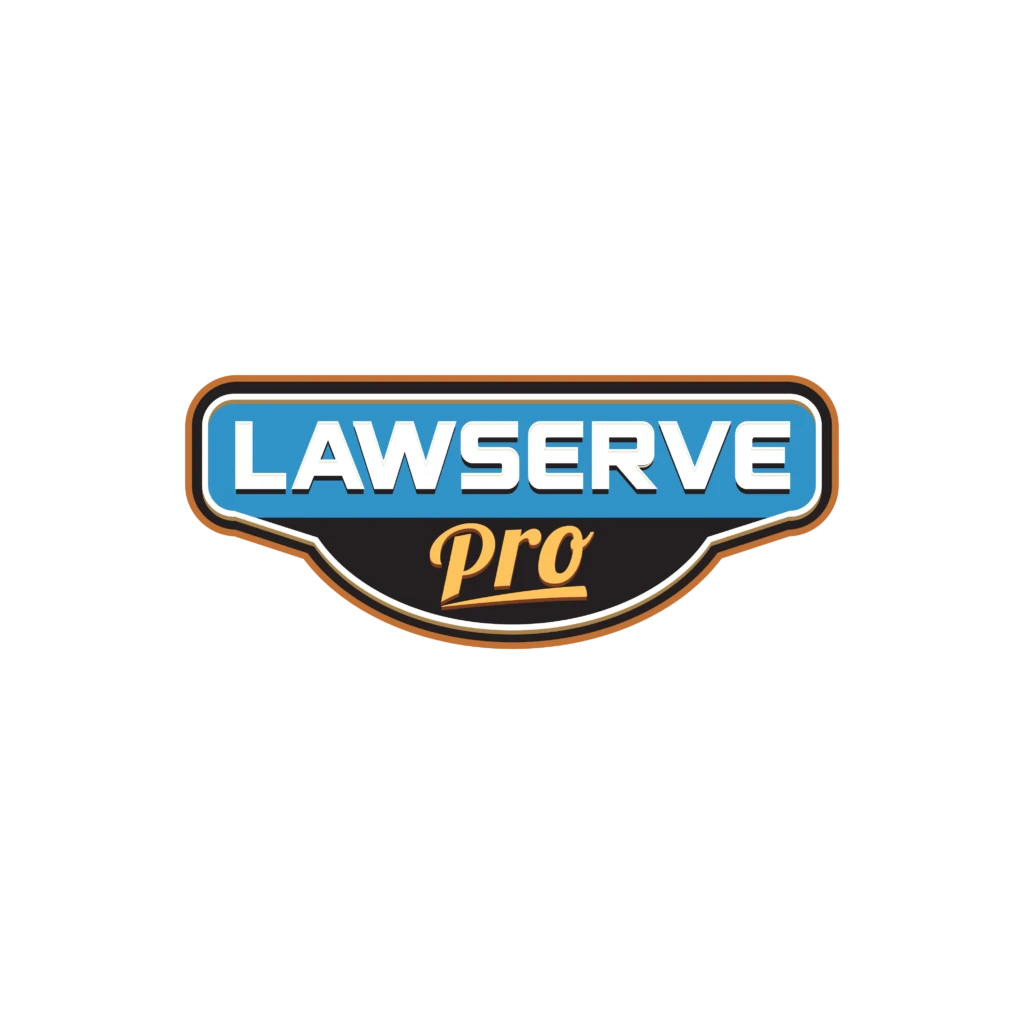Why did Maryland change the name of both its appellate courts?
Why did Maryland change the name of both its appellate courts?
By a vote of 75% to 25%, Maryland voters on November 8, 2022, adopted a constitutional change renaming the state’s two appellate courts. The amendment became operative on December 14, 2022. The Supreme Court of Maryland replaced the term Court of Appeals as the highest court in Maryland. The Appellate Court of Maryland replaced the Court of Special Appeals as the state’s intermediate court. The amendment further stated that the “judges” of these courts will henceforth be referred to as “justices.”
Before she retired, former Chief Judge Barbera backed the name change, claiming that the previous designations created needless confusion and that many out-of-state visitors would have assumed that Maryland’s highest court would be called “supreme.” Only New York and Maryland lacked a supreme court as their highest state court prior to the passage of this amendment.
On November 9, 2022, Fader said, “The Court of Appeals of Maryland and the Court of Special Appeals have a rich and long history operating under these names”.
“Both courts will continue to honor that history as we carry forward what those who came before us have worked so hard to build,” Fader stated. Fader also stated that “Although the names are changing, Maryland’s highest courts and the entire Judiciary remain steadfastly committed to upholding the rule of law and achieving our mission of providing fair, efficient and effective justice for all.”
The top justice of the Maryland Appellate Court, E. Gregory Wells, referred to the name changes as “welcome and much needed.”
“Hopefully, the voter-approved constitutional change in the names of both courts clears up any confusion among the public, lawyers, and judges from other jurisdictions about the roles of our respective courts,” Wells said in a statement. “It should be noted, however, the precedents, rules, and all other practices of the court are unaffected by the renaming, and we will continue business as usual at the highest level of service.”
Lawyers should also be aware that they must title all documents they submit to the two highest courts in Maryland, “Supreme Court of Maryland” or “Appellate Court of Maryland.” Attorneys who do not include the updated caption will have to submit a revised document, according to the Judiciary.
At the behest of Chief Judge Barbera of the Court of Appeals at the time, the General Assembly authorized the name-changing measure for referendum last year.
Barbera stated at the time that, like in every other state save New York, which also has an ultimate Court of Appeals, many nonlawyers and out-of-state attorneys reasonably assume Maryland’s court of last resort will be called the “Supreme.”
After the amendment passed the legislature, Barbera stated, “The efforts to resolve the confusion caused by the names of Maryland’s appellate courts are not new, going back to the 1967–1968 Constitutional Commission and Convention and then again throughout the 1990s.” “I am pleased that the General Assembly has backed a much-needed reform that will improve public understanding of Maryland courts both within and outside of the state.”
Last year, Fader, who was the top judge of the Court of Special Appeals at the time, informed lawmakers that renaming the intermediate court was also required since its existing name had become a “misnomer.”
According to Fader, who Hogan named Chief Judge of the Court of Appeals in April, the “Court of Special Appeals” was justified to limit its consideration to a “special” type of cases—criminal appeals.
The Court of Special Appeals has considered a wide range of appeals from the state’s circuit courts for decades, according to Fader’s statement from last year. He continued by saying that many non-lawyers and attorneys from other states believed Maryland’s second-highest court to be superior to the Court of Appeals because of the term “special.”
Former Court of Appeals Chief Judge Robert M. Bell’s resignation in 2013 after hitting the state’s mandated judicial retirement age of 70 served as the catalyst for the shift from “judge” to “justice.”
Bell used to chastise lawyers who mistook the judges of the high court for justices, informing them that Maryland had no justice system.
Contact LawServePro Today!
Once you choose to opt the services of LawServePro to serve legal documents on businesses or people who you wish to serve, our process server will be ready to carry out the necessary actions as directed by you (our client) or the court. Our process servers are familiar with local and state laws pertaining to process service before accepting a job, as breaking any of them may lead to the court rejecting the service.
Having said that, after hiring any process server, ensure that the process server should go over any particular instructions given by you as the client, confirm that their procedure will allow them to make attempts in compliance with the law, and make sure all necessary safety measures are in place before actually attempting to serve the papers. You can reach out to us at LawServePro if you need to serve any documents to a business or to any person.
AGGRESSIVE AND PROFESSIONAL NATIONWIDE PRIVATE PROCESS SERVERS
Here at LawServePro , it’s our number one priority to make your job easier. Whether you need legal documents served, a foreign subpoena domesticated, or court documents retrieved, our expert team of professionals are ready to help. Call today for a free quote!
Account
Connect
National Headquarters
8482 Fort Smallwood Road
Suite B-110
Pasadena, MD 21122
8482 Fort Smallwood Road
Suite B-110
Pasadena, MD 21122
© Copyright by LawServePro 2021 | Web Design by Exo Agency
No products in the cart.

